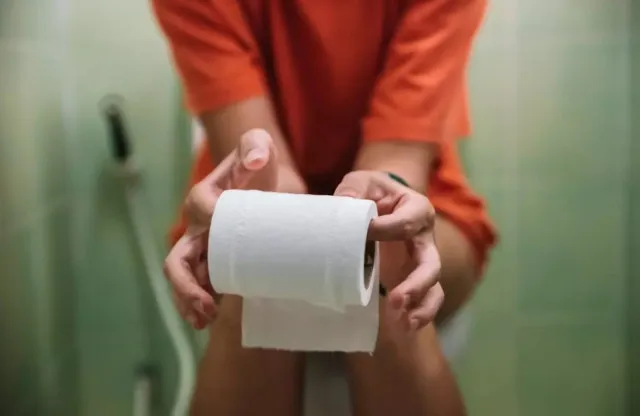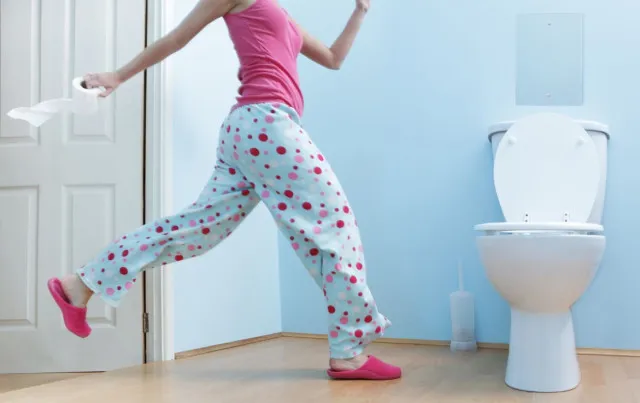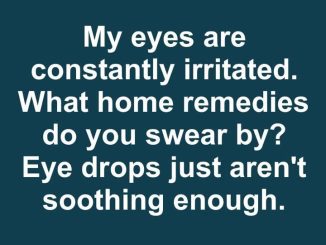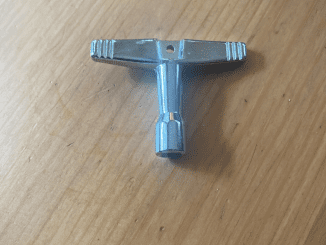Ever finished a delicious meal and felt an immediate, intense urge to use the bathroom? You’re not alone! This phenomenon, often surprising and even a bit troubling, is actually a normal physiological response known as the gastrocolic reflex. It’s like your digestive system is saying, “Hey, we’ve got a new batch of food coming through, clear the way!”
Imagine your stomach as a busy kitchen, churning and mixing food with digestive juices. As the food gets ready for the next stage of digestion, it sends a message to the colon, prompting it to contract and empty its contents. This signal is the gastrocolic reflex. It’s a natural process that helps your body move food through your digestive tract efficiently.

Think of it like a domino effect. When food enters your stomach, it triggers a series of events:
- Stomach Filling: As your stomach fills, it stretches and sends signals to your brain.
- Digestive Signals: Your brain sends signals to your digestive system to start breaking down the food.
- Colon Contractions: One of these signals tells your colon to start contracting and pushing out any remaining waste, making space for the incoming food.
For most people, the gastrocolic reflex is a gentle, unnoticed process. It’s like a well-oiled machine, quietly doing its job. However, for some individuals, this reflex can be more intense, leading to a strong urge to poop shortly after eating.
Certain factors can amplify the gastrocolic reflex, making it more noticeable:
- Irritable Bowel Syndrome (IBS): People with IBS often experience a heightened gastrocolic reflex, leading to frequent bowel movements and discomfort. Their digestive system is like a sensitive instrument, easily thrown off balance.
- Food Sensitivities: Certain foods and beverages, like fizzy drinks, sugary drinks, alcohol, dairy products, fried foods, and even citrus fruits, can irritate the digestive system and trigger a strong gastrocolic reflex. Think of these foods as “irritants” that can set off a chain reaction in your gut.

If you find yourself needing to poop frequently after eating, it’s worth considering your diet and lifestyle:
- Food Diary: Keep a food diary to track what you eat and when you experience symptoms. This can help identify potential triggers. It’s like a detective’s notebook, helping you uncover the culprits behind your digestive discomfort.
- Dietary Adjustments: If you suspect certain foods are causing problems, try reducing or eliminating them from your diet. It’s like a trial and error process, finding the foods that work best for your digestive system.
- Stress Management: Stress can significantly impact digestive health. Find healthy ways to manage stress, like exercise, meditation, or spending time in nature. Stress can be like a monkey wrench in your digestive system, making things run less smoothly.
- Smaller Meals: Eating smaller, more frequent meals instead of large meals might help reduce the intensity of the gastrocolic reflex. Think of it like giving your digestive system a break, allowing it to process food more efficiently.
The gastrocolic reflex is a fascinating example of how our bodies work in complex and interconnected ways. It’s a reminder that our digestive system is a delicate balance, and even seemingly minor changes in our diet or lifestyle can have a significant impact.
While the gastrocolic reflex is a natural process, it can be a source of discomfort for some individuals. Understanding the factors that can trigger a strong gastrocolic reflex and making adjustments to your diet and lifestyle can help manage your digestive health and enjoy a smoother, more comfortable eating experience.
If you experience frequent, urgent bowel movements after eating, especially if accompanied by other symptoms like pain or blood in your stool, it’s essential to consult a doctor to rule out any underlying health issues. Your body is sending you signals, and it’s important to listen and seek professional advice when needed.


